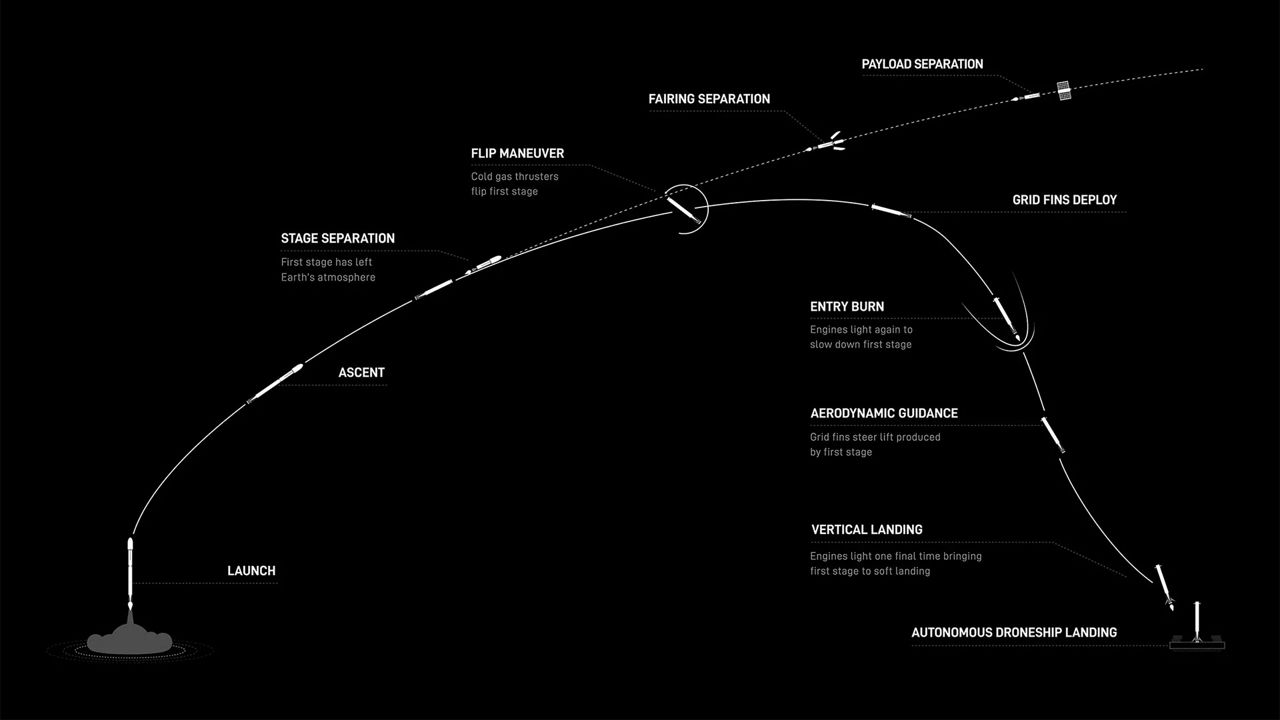CAPE CANAVERAL SPACE FORCE — After multiple delays, SpaceX finally launched the Starlink 6-34 mission late Monday night.
What You Need To Know
- SpaceX successfully launched more than 20 Starlink satellites Monday night
- The Starlink 6-34 mission faced multiple delays due to unfavorable conditions
- Get more space coverage here ▶
Liftoff! pic.twitter.com/Lz6uSjTOOx
— SpaceX (@SpaceX) December 19, 2023
The Falcon 9 rocket lifted off at 11:01 p.m. ET from Space Launch Complex 40 at Cape Canaveral Space Force Station, confirmed SpaceX.
For the launch, the 45th Weather Squadron gave a 60% chance of good liftoff conditions, with the primary concerns being liftoff winds.
A history of Starlink 6-34 mission scrubs
This mission had seen a series of scrubs.
Sunday, Dec. 10: The launch window was set for 11 p.m. ET but the liftoff was called off due to poor weather.
Monday, Dec. 11: SpaceX did not give a reason why the launch was scrubbed. The launch window was set to open at 11:05 p.m. ET.
Tuesday, Dec. 12: Starlink 6-34 was supposed to go up at 11 p.m. ET, but it postponed due to high ground-level winds.
Wednesday, Dec. 13: SpaceX announced that “unfavorable recovery weather conditions in the Atlantic Ocean” is the reason why the 11:07 p.m. ET launch was called off.
Originally, SpaceX tried for a double launch more than once between the Starlink 6-34 mission and the USSF-52 mission that includes a Boeing space plane — but it is not meant to be as even the USSF-52 mission has seen its series of launch issues.
Going into the black
The Falcon 9 rocket’s first-stage booster, B1081, is quite young and only has two successful launches under its belt.
After the stage separation, the first-stage booster landed on the droneship A Shortfall of Gravitas that was in the Atlantic Ocean.
Falcon 9’s first stage has landed on the A Shortfall of Gravitas droneship pic.twitter.com/pIK2hlkf2Q
— SpaceX (@SpaceX) December 19, 2023

About the mission
Twenty-three Starlink satellites met thousands of their technical brothers and sisters. While in low-Earth orbit, they will provide internet services to many places around the planet, stated Starlink, a SpaceX company.
These Starlink V2 Mini satellites weigh quite a bit: Each one tips the scales at 1,760 pounds (800 kilograms).
Before the launch, Harvard-Smithsonian Center for Astrophysics’ Dr. Jonathan McDowell documented the following Starlink satellite information.
- 5,206 are in orbit
- 5,170 in working order
- 4,536 are in operational orbit




